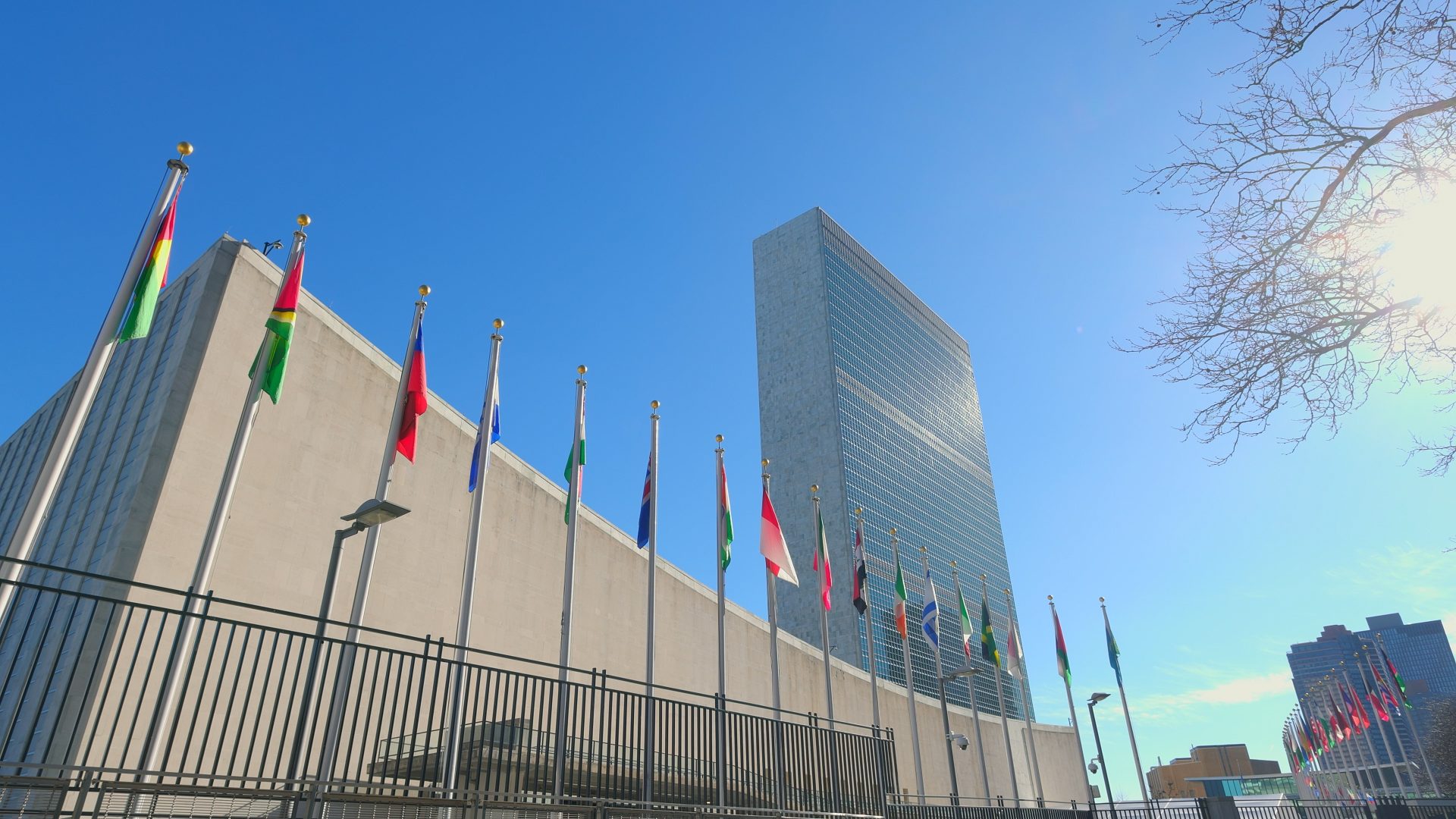The diplomatic journey
Getting everyone on board with these recommendations was no easy task; it took a lot of diplomacy and persuading from supportive States to get to this stage.
Despite a consensual decision, some States still expressed concerns about the recommendations, suggesting that the process had been rushed and not conducted thoroughly enough. This statement made NGOs audibly react in disbelief; after 14 years of discussions, it’s safe to say it hasn’t been rushed! It highlighted the ongoing challenges we face, even as we celebrate this milestone.
A call to action: building on the achievement
For the first time ever, the recommendations coming out of this year’s meeting of the OEWGA are to be presented for further consideration to the UN General Assembly in September. We expect Member States to build on this landmark decision. It will be crucial that they request the Human Rights Council (HRC), which possesses the necessary technical expertise, to continue these discussions and start drafting a UN convention on the rights of older persons without further delay. This process must ensure the full, effective, and meaningful participation of older people, their representative organisations, civil society organisations, and national human rights institutions.
This is a promising step forward, but our fight is far from over. Now is the time to seize this momentous opportunity and build on this achievement, pushing national governments with renewed confidence to ensure their support for HRC to continue discussing the issue.
Continuing the journey: our role in the next steps
The adoption of these recommendations is the beginning of a crucial new phase in our advocacy for the rights of older people. The momentum generated by this decision must be harnessed effectively. Here’s how we can do that:
- Engage with national governments: It is essential to maintain and strengthen dialogue with national governments. We must urge them to support that the HRC continues addressing the human rights of older people and the drafting of the UN convention.
- Collaborate with civil society: Civil society organisations play a vital role in this movement. By working together, we can amplify our voices and ensure that the concerns and needs of older people are represented and addressed in the drafting process.
- Raise public awareness: Public support is key for the success of any international convention. We need to raise awareness about the importance of protecting older people’s rights and the impact a UN convention could have on their lives.
- Ensure inclusive participation: Any next steps must be inclusive, allowing older people and their representative organizations to participate meaningfully. Their firsthand experiences and insights are invaluable in shaping any discussions about their rights and ultimately a convention.
Looking ahead: the road to a UN convention
I am personally committed to seeing this journey through to the end. The faces and stories of older people we have met along the way inspire and motivate me every day. Their resilience and determination are a constant reminder of why we do this work. I hope to see the issue continue being discussed at the HRC in Geneva, aligning with our core messages and ensuring that the momentum we have gained is not lost.
We are at a historic stage, and the decisions made in the coming months will shape the future of older people around the world. Let us seize this momentous opening and build on our achievements.
Together, we can make this vision a reality.
This blog is written by Tanja Venisnik, Global Rights Policy Adviser at HelpAge International.

